Once in a while a poor country bumpkin makes it big. Dolly Parton, Johnny Cash, Elvis Presley and many others overcame great personal obstacles and difficult beginnings to become legends in their field. Lately we’ve seen another simple country girl rocketing from disdain and obscurity to the top of the charts…the medical research charts that is.
Say hello to Artemisia annua, also known as sweet wormwood, Qing Hao, or Sweet Annie. This plant goes by many names, but no matter what you call it, one thing is certain: it’s a true powerhouse of healing!
Originally from China, sweet wormwood is now grown all over the world, and it’s not hard to see why. This wonderful plant is more than just a pretty face, it’s a veritable Swiss Army knife of healing, with a wide range of medicinal properties that will make your head spin (in a good way, of course).
Sweet wormwood’s numerous medicinal benefits have been studied extensively. In fact, in 2015, Dr. Tu Youyou received the Nobel Prize for discovering artemisinin in sweet wormwood. Artemisinin is a sesquiterpene lactone with broad and potent uses for traditional and modern medical applications.
Applications of Artemisinin
One of the most significant benefits of sweet wormwood lies in its antiprotozoal properties, specifically against malaria. This disease, which is spread through the bites of infected mosquitoes, is responsible for the deaths of hundreds of thousands of people each year. Fortunately, artemisinin has proven to be an incredibly effective treatment for malaria, saving countless lives.
But that’s not all, folks! Artemisinin has also shown promise in treating a wide range of other protozoal diseases, including African sleeping sickness, toxoplasmosis, Giardia, and amoebic dysentery.
Antiviral effects of Sweet wormwood
In addition to its antiprotozoal properties, sweet wormwood also has potent antiviral effects, making it a valuable ally in the fight against respiratory viruses. The artemisinin in sweet wormwood has been found to interfere with viral attachment and viral replication, making it an effective treatment for respiratory infections such as the common cold, flu, and even the SARS and COVID-19 viruses.
Sweet wormwood also has anti-inflammatory, antipyretic, antifungal, and immunomodulatory effects, and has even shown potential as an anticancer agent. It’s truly an all-around superstar of the herbal world.
If you’re interested in learning more about sweet wormwood and its many health benefits, the Homegrown Herbalist School of Botanical Medicine is the place to be! Our comprehensive courses cover everything from planting and harvesting to medicine-making, and we can’t wait to join you on your journey to health and wellness!
Note: Don’t use this herb during pregnancy or lactation. Don’t combine herbs with medications without consulting your doctor. It’s not recommended to take this herb long-term or in large doses.
-
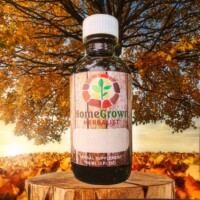 Sweet Wormwood Tincture -Artemisia annua$18.00 – $32.00
Sweet Wormwood Tincture -Artemisia annua$18.00 – $32.00 -
 Doc’s 3 Amigos – Respiratory Expansion PackFrom: $56.00
Doc’s 3 Amigos – Respiratory Expansion PackFrom: $56.00 -
 The HomeGrown Herbalist School of Botanical Medicine$1,449.00
The HomeGrown Herbalist School of Botanical Medicine$1,449.00




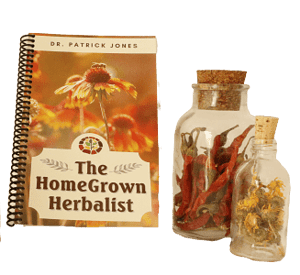

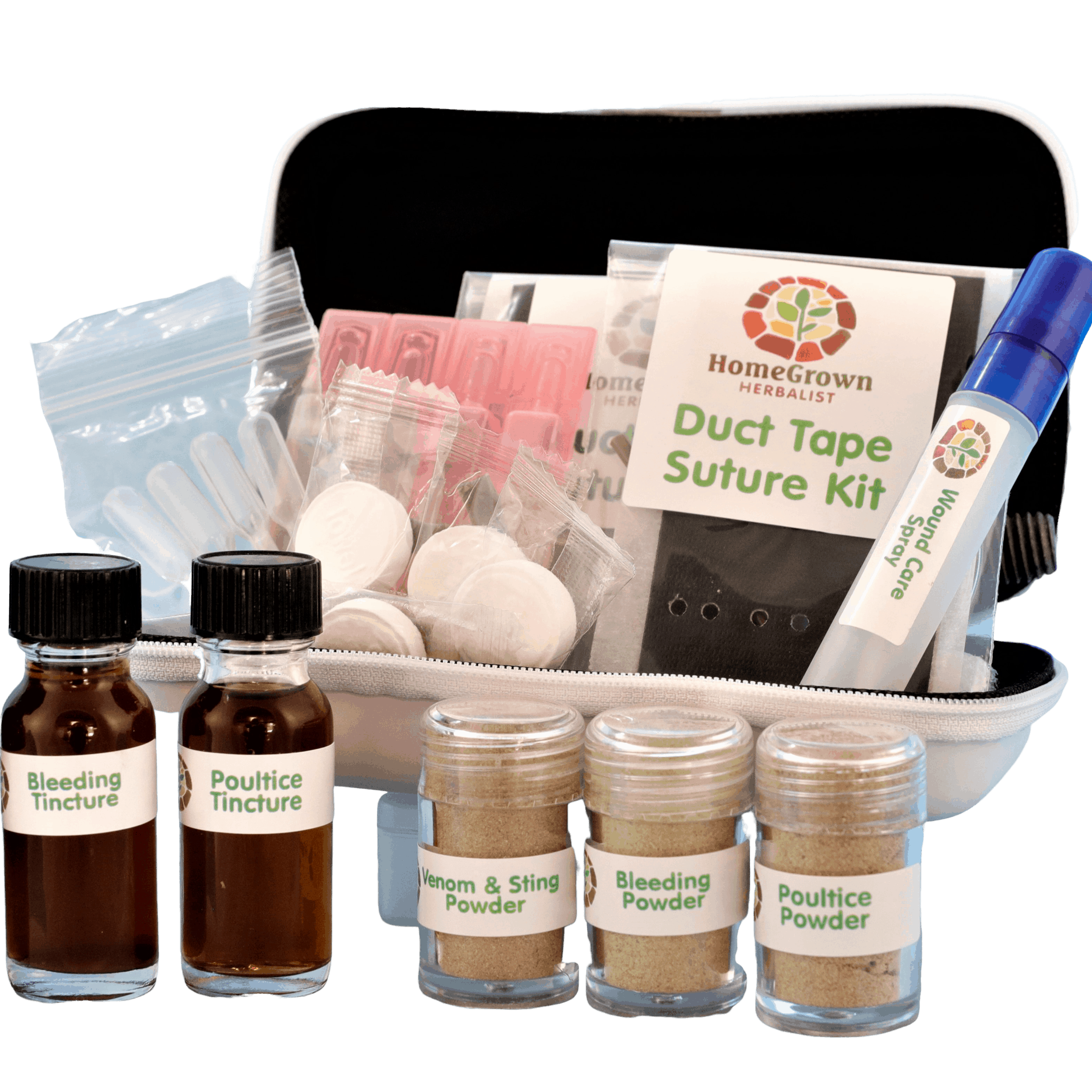
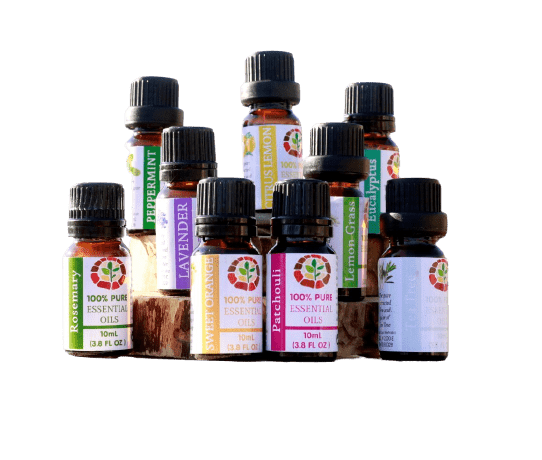

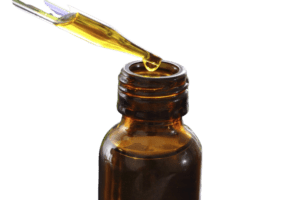
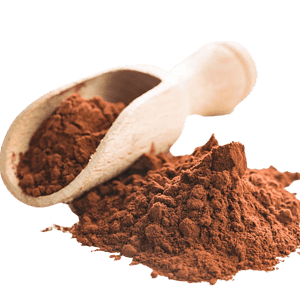
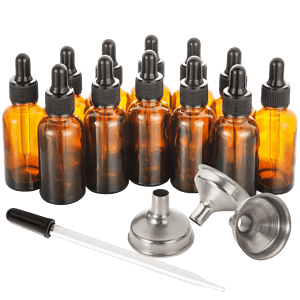


Excellent info and very creative presentation. Thank you.
Doc Jones,
I love your videos! You are such a helpful, kind hearted man! I love how you help people! God Bless you for your kindness, the education you give us through your videos and your amazing sence of humor
great video as always…i had a reaction to it when i took it and my LLD said some people can be allergic to it…what’s your thoughts
I grow Artemisia absinthium. Is there a significant difference in medicinal properties? I absolutely LOVE my wormwood, by the way!
They have some different properties. The A. annua is much higher in the artimisinin than the A. absinthium.
Your video was very informative and humorous as well! Thank you for sharing.
Where can I find seeds for Artemisia Annua?
Try companionplants.com or strictlymedcininalseeds.com
Are there any times not to take artemisia? I have fibromyalgia and learned from you not to take echinacea or elderberry because of cytokines. I have always been careful in choosing what medicines to take. But when I find a good ally I stick with it and get a lot of benefits. Thank you!
Research indicates that it likely has some good benefits for autoimmune cases. That said, I’d use it more as a short-term solution for tough times rather than a long-term maintenances herb in those cases.
I have hashimoto and have used wormwood with good results. Define long term. How often can I use wormwood? I know short term is best but what does that look like??
I recommend folks take a break of a day or two every couple of weeks of any herb they’re taking regularly. Artemisia annua is less problematic than most Artemisias.
Would this be the herb for “Montezuma’s revenge” you pick up from the water- and whatever else- in Mexico?
I haven’t used it for that but it does have some good anti-protozoal and antibacterial constituents.
Also, I can’t do the alcohol tinctures. Do you sell it another way?
That one is only available as a tincture.
Do you have a comparison photo of the two wormwood you mention here….Artemisia absinthium and Artemisia annua?
A. annua – https://commons.wikimedia.org/w/index.php?search=artemisia+annua&title=Special:MediaSearch&go=Go&type=image
A. absinthium – https://commons.wikimedia.org/w/index.php?search=Artemisia+absinthium&title=Special:MediaSearch&type=image
Thank you for this info. What do you mean by large doses? I have a cat who has cancer, and her bowels are inflamed, and she has diarrhea (stool is formed, and large, but she can’t make it to the litter box). I work with her and have tried a few things. Her belly is off and on VERY hot.